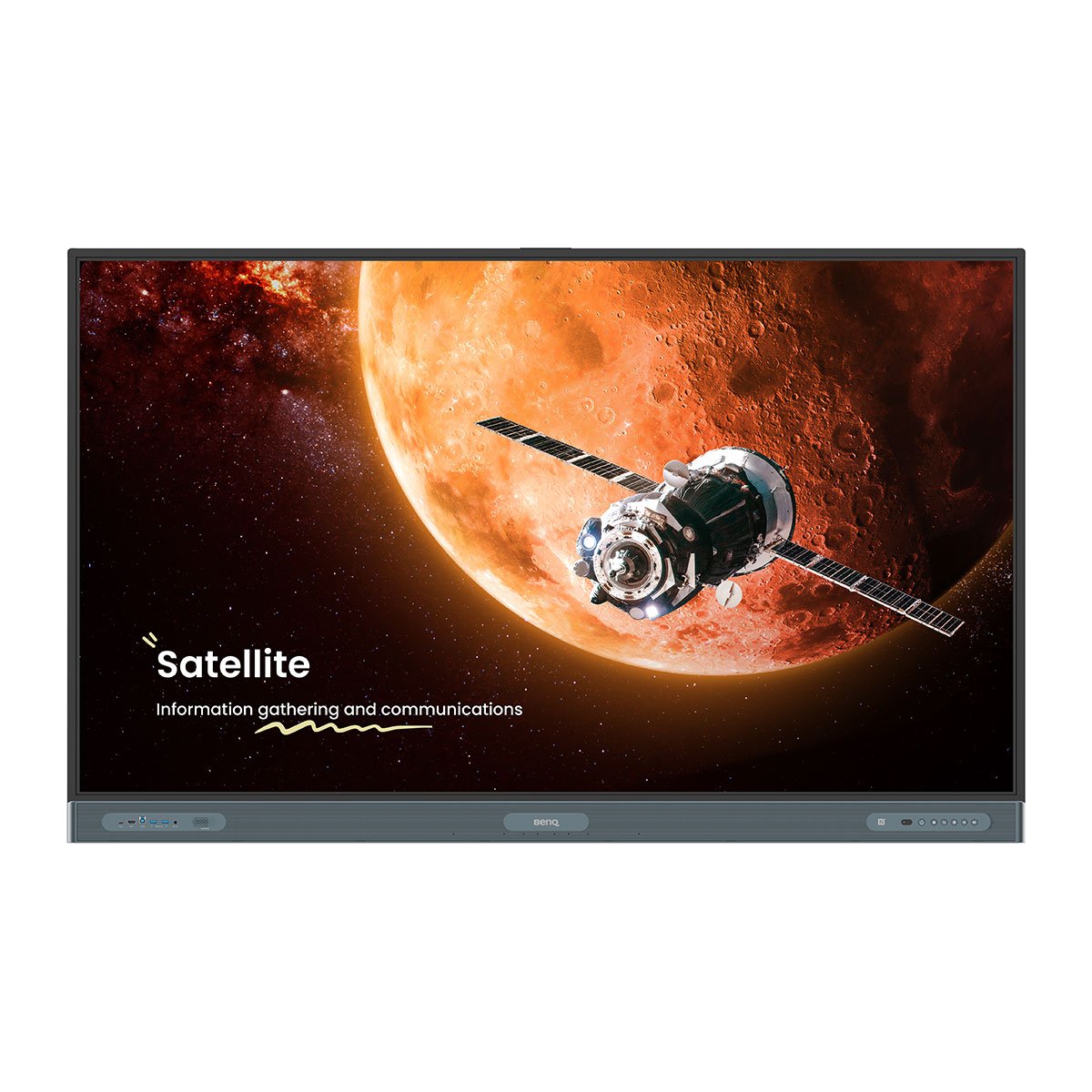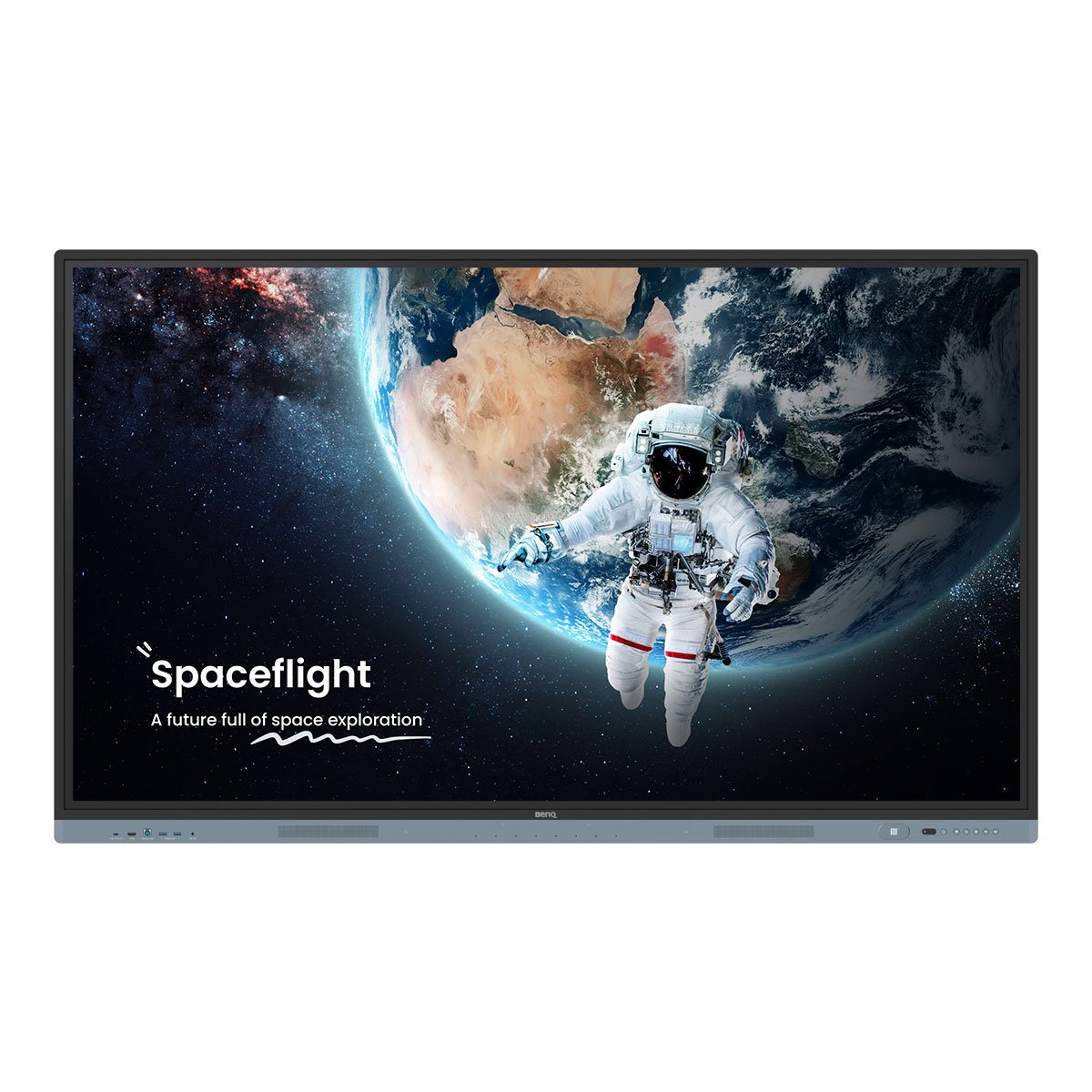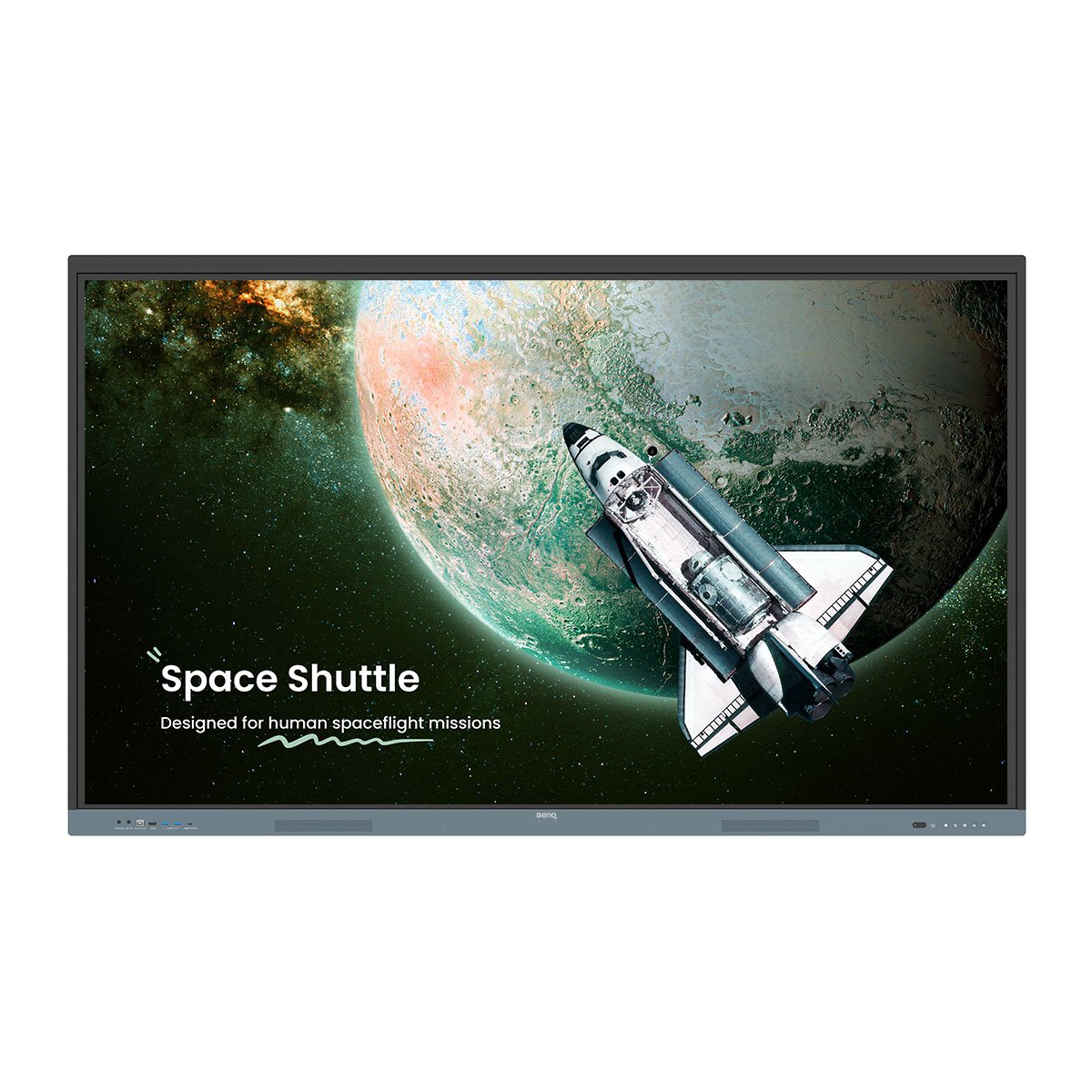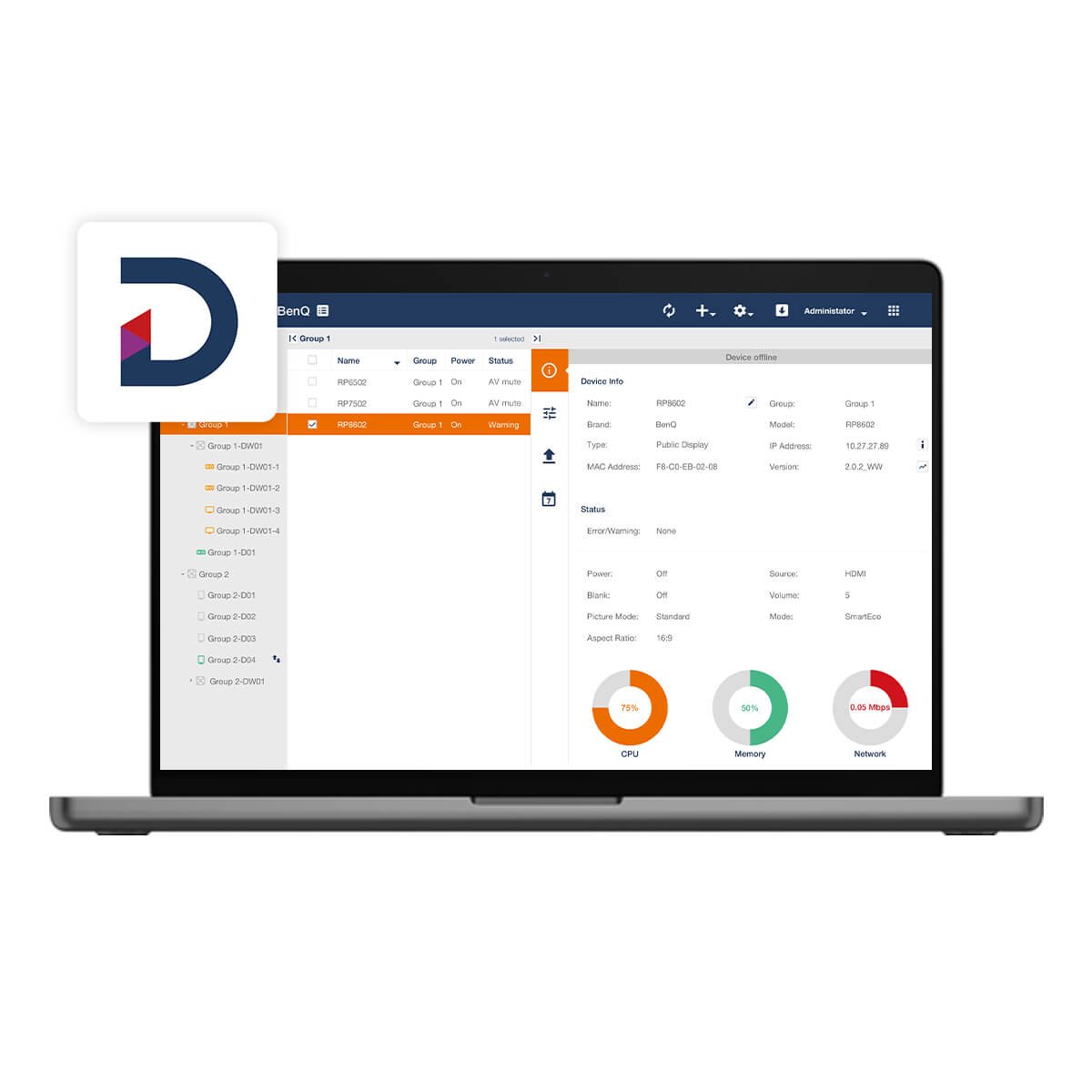

Private international schools are witnessing a surge in demand, particularly in Asia, where parents increasingly seek global-standard education for their children. This growth is fueled by a rising middle class, shifting aspirations toward international education, and the need for future-ready learning environments. To meet these expectations, schools are embracing advanced educational technologies (EdTech) such as smart classrooms, digital boards for teaching, and digital teaching tools. These innovations are transforming traditional teaching methods, offering immersive and interactive learning experiences that prepare students for a tech-driven future.
The international school market reflects this growth with an 8% increase in the number of schools and a 10% rise in student enrollments over the past five years. This robust expansion has driven global tuition revenue to surpass $9 billion annually, underscoring the pivotal role of EdTech in reshaping modern education and solidifying the appeal of private international schools in competitive markets.
Growing Appeal and Uniqueness of Private International Schools
The international school sector is expanding rapidly, driven by its ability to prepare students for success in an interconnected world. These schools not only meet the academic aspirations of students but also fulfill the expectations of parents who value cultural exposure and global competence. Offering globally recognized curricula like the International Baccalaureate (IB) and Cambridge programs, private international schools are known for fostering an international perspective, equipping students with the skills to navigate multicultural environments and succeed in higher education systems worldwide.
Adapting to Evolving Global Educational Paradigms
Due to the unique diversity and financially independent nature, international schools have embraced innovative teaching practices to remain competitive in an increasingly globalized education landscape. They integrate diverse methodologies, including STEAM education, project-based learning, and inquiry-driven approaches, to encourage critical thinking, creativity, and independent learning. These teaching models prepare students not only for academic excellence but also for essential life skills, leadership and problem-solving in complex, global contexts.
Preparing Students for Global Opportunities
A defining feature of international schools is their commitment to preparing students for higher education on a global scale. By offering rigorous, internationally recognized programs, they equip students with competencies valued by top universities, such as adaptability, collaboration, and critical thinking. The exposure to diverse perspectives and a multicultural learning environment further enhances their readiness for global opportunities.
Embrace Diversity and Focus on Holistic Development
Incorporating with the IB framework, international schools value cultural diversity and emphasize the importance of well-rounded development. International schools often integrate extracurricular activities, such as arts, sports, and community engagement, as core components of their educational philosophy. These activities complement academic rigor, fostering skills like teamwork, leadership, and creativity.
How Smart Classroom Technologies Help Private International Schools Deliver Superior Learning Experience?
As private international schools increasingly prioritize technology-driven teaching methods, EdTech has emerged as a transformative solution to key educational challenges. From streamlining classroom management to fostering collaboration, smart classroom tools such as digital and digital boards for teaching are addressing the complexities of modern education with innovative approaches.
1. Solving Management and Assessment Challenges with Digital Boards
Effectively managing classrooms and assessing student performance are critical tasks that often place a heavy administrative burden on teachers. A recent survey reveals that 73% of international schools now rely on digital platforms to support internal assessment. Digital boards simplify these processes by seamlessly integrating with cloud-based classroom management tools, such as Google Classroom, Microsoft Teams, Seesaw, Kahoot!, and ManageBac, offering automated grading, real-time feedback, and detailed performance analysis. These tools enable teachers to systematically track student progress, personalize learning support using data, and allocate resources more efficiently. School administrators also benefit from centralized dashboards, which provide data-driven insights for monitoring overall classroom performance and optimizing resource distribution.
2. Enhancing Academic Standards with Global Resources
One of the primary challenges for schools is providing diverse and high-quality learning materials. Smart classroom tools like digital boards for teaching overcome this by granting access to global resources, such as IB online resources, STEAM educational apps, expert-led live streaming courses, and multimedia lessons. For example, international schools can use digital boards to stream content from leading IB educators worldwide, enriching their curricula and making global contexts more accessible. This not only enhances comprehension but also gives schools a competitive edge by delivering tech-driven academic experiences that appeal to students and parents alike.
3. Encouraging Flexibility and Creativity in Teaching
Teachers often face the challenge of adapting their lessons to diverse student needs and learning styles. EdTech addresses this challenge with tools that enable flexibility and creativity in lesson planning and delivery. Digital boards for teaching allow educators to easily connect to the internet and seamlessly integrate the functionalities of laptops, displays, projectors, speakers, video conferencing, document cameras, wireless screen casting, and cloud-based software, all tailored to different learning preferences. This adaptability lets teachers transition seamlessly between lectures, group discussions, and hands-on activities, creating a dynamic and engaging learning environment. Take a chemistry class as an example: teachers can first explain the formula on the interactive whiteboard, demonstrate the experiment with a document camera, and help students gain a deeper understanding of scientific concepts through observation, reasoning, and hands-on practice.


4. Boosting Engagement and Collaboration in Smart Classrooms
Digital boards make learning engaging and interactive by transforming abstract concepts into hands-on experiences. For example, students can work in teams to build mathematical 3D geometric models displayed on the digital boards using sticks and clay, improving their understanding of complex ideas through touch-based and visual interaction. Digital boards for teaching also foster collaboration by enabling real-time group discussion and problem-solving on connected devices, allowing students to contribute ideas by sharing their personal device screens and working as teams.


5. Bridging Gaps in Audio-Visual Learning
For auditory and visual learners, digital boards integrate high-definition visuals and speakers, displaying images, audio, and video lessons to create immersive environments that enhance comprehension. Language classes, for instance, can incorporate text translation, video subtitles and text-to-speech pronunciation guides, ensuring students grasp nuanced concepts clearly. This makes EdTech an essential tool for addressing varied language learning needs.
Trends Shaping the Future of Smart Classrooms in Private International Schools
Growing Shift Towards Blended and Hybrid Learning Models
The adoption of smart classrooms has become an essential trend for private international schools as they strive to offer flexible, tech-enabled education. Blended and hybrid learning models, which combine blend combine in-person and online learning with digital resources, have grown in popularity, particularly after the COVID-19 pandemic. Before the pandemic, though various blended and hybrid learning strategies have already been used, such as integrating classroom instruction with online resources, project-based models, flipped classrooms, self-directed learning, and supplemented blended learning, only 9% of international school staff and senior executives embraced blended and hybrid approaches. Within two years after the pandemic, this figure rose to 51%, reflecting the increasing demand for innovative learning solutions.
Rising Demand for Systematic Assessment Approaches
International schools employ various strategies to track and enhance student learning, with a growing focus on systematic approaches to monitor individual progress. While 42% of schools use online tracking systems, either integrated or non-integrated, many still rely on individual teacher tracking (53%). Schools are increasingly aiming to adopt streamlined systems to better support and track individual student outcomes.
Evolving Tech-Focused Leadership Roles
International schools are increasingly appointing tech-focused leaders to enhance teaching and learning, with 37% introducing such roles since 2018. Another 19% plan to add similar positions starting in 2021. Examples of these roles include Head of Learning Technology, Director of Digital Innovation, and Edtech Director. These new positions reflect the growing focus on integrating technology and improving the overall student learning experience.
As private international schools evolve, the importance of smart classrooms and EdTech is undeniable. These technologies enhance learning, align with the demand for engaging, flexible and personalized education, and support data-driven decisions. Investing in smart classrooms and EdTech helps schools cater to diverse learning needs and prepares students for a digitally connected world. This investment ensures schools remain competitive, stay ahead of technological advancements, and meet the growing expectations of students, parents, and educators.
Embracing the Future of Education with BenQ’s Smart Classroom Solutions
BenQ’s smart classroom solutions education by turning traditional lessons into dynamic, collaborative, and interdisciplinary experiences. The intuitive BenQ Boards Pro RP04 offers an interactive, hands-on approach to teaching, enabling students to engage directly with content. With up to 50 touchpoints, these interactive whiteboards foster teamwork, allowing students to collaborate on tasks, make real-time edits, and visualize complex concepts. Designed to spark creativity, the BenQ Boards support a variety of teaching methods—from project-based STEAM learning to problem-solving activities—encouraging active participation, boosting engagement, and deepening understanding.
BenQ’s high-quality projectors deliver vivid visuals that enhance active learning, supporting flexible presentations, collaborative discussions, and even indoor golf simulations. In addition, BenQ's monitors feature eye-care technology, precise color accuracy, and compatibility with STEM and gamification, further enriching the learning environment with ergonomic design and advanced features.
As private international schools increasingly embrace the EdTech revolution, BenQ stands out as the ideal partner for creating smart classrooms that inspire and prepare students for the future. By combining cutting-edge technology with user-friendly design and long-term reliability, we empower educators to lead the way in delivering a truly transformative learning experience.
Explore more about the details of BenQ’s Smart Classroom Solutions.





